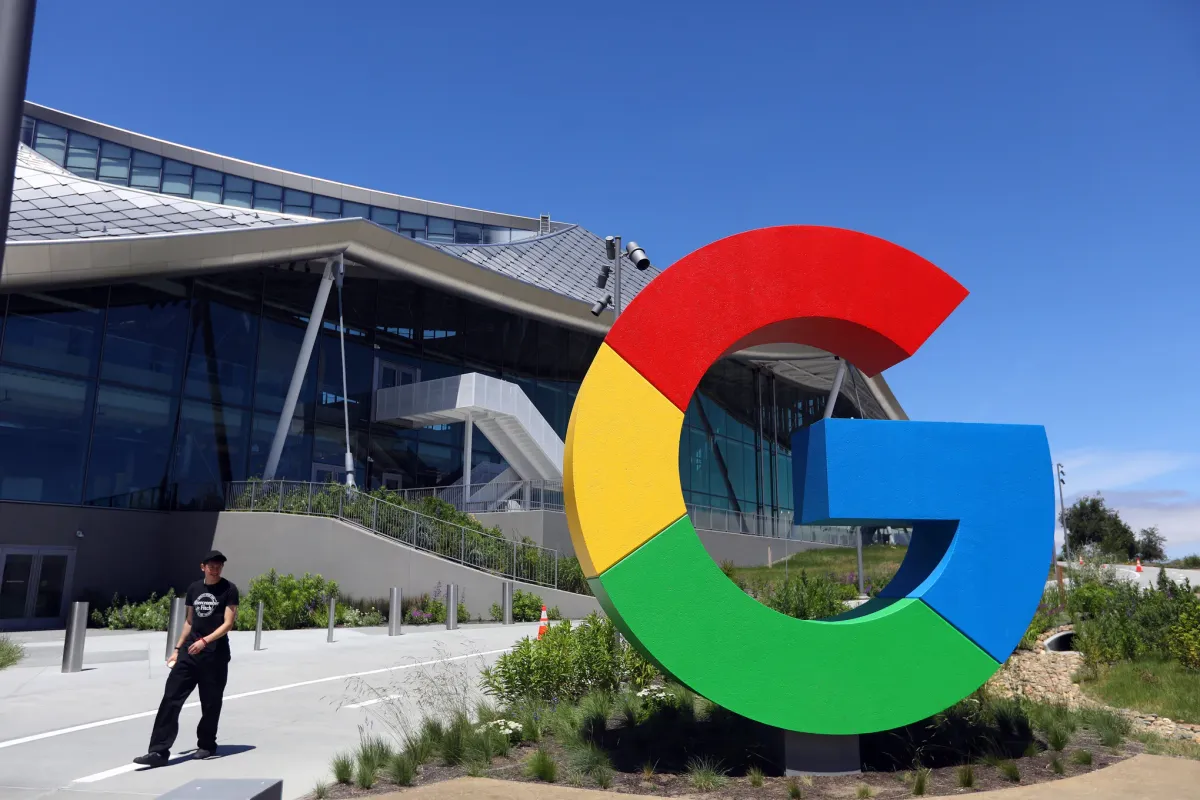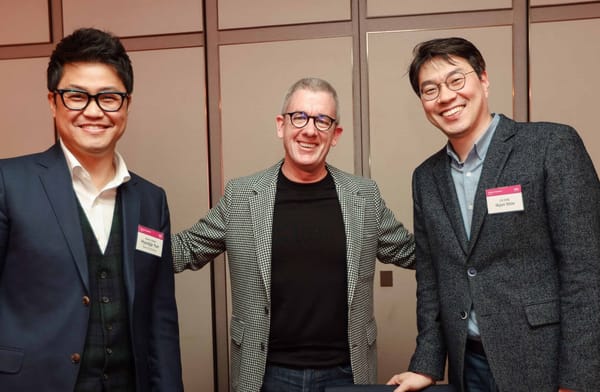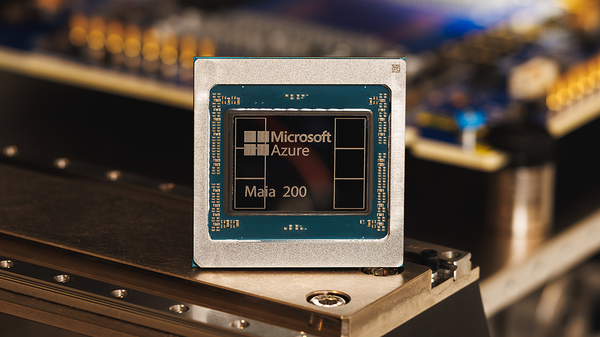Google Engineers Now Rely on AI for Half Their Code, Says Google Cloud Evangelist
The new disclosure suggests that Google’s reliance on AI for software development has deepened significantly.

Roughly half of Google’s code is now generated by AI — nearly double the 25% figure CEO Sundar Pichai cited in 2024 when he revealed the growing role of artificial intelligence in the company’s software development process.
Google Cloud evangelist Richard Seroter recently shared on X that “About half our code at Google is AI generated at this point. Engineers review every character, and choose what to accept into our codebase.”
About half our code at Google is AI generated at this point. Engineers review every character, and choose what to accept into our codebase.#GeminiAtWork pic.twitter.com/NE0NBHRgEk
— Richard Seroter (@rseroter) October 9, 2025
This bold claim echoes earlier statements by Google leadership, including CEO Sundar Pichai, who claimed in 2024 that over 25% of Google’s code was written using AI assistance.
The new disclosure suggests that Google’s reliance on AI for software development has deepened significantly—surpassing previous benchmarks. By having human engineers validate and curate outputs, Google attempts to balance productivity gains with quality control.
Other tech giants have made similar admissions. Microsoft CEO Satya Nadella recently remarked that 20-30% of Microsoft’s codebase is now authored by AI, citing incremental progress across multiple languages and projects.
While the numbers may vary depending on definitions and measurement techniques, the trend is clear: AI is increasingly integral to development workflows.
Seroter’s remark adds to mounting evidence that coding is shifting from manual craftsmanship to creative oversight—and positions humans less as writers and more as curators of AI-generated code.
In March 2025, Anthropic CEO Dario Amodei predicted that within three to six months, AI would be writing 90% of software code—and by a year later, “essentially all” of it.
However, many critics remain skeptical of such sweeping claims. They point out that AI-generated code often contains errors, lacks robustness, and requires extensive human oversight and debugging, reducing any time savings.
AI models also struggle with system integration, edge cases, and context that humans manage intuitively. As a result, adoption tends to stall at pilot stages. Some surveys show developers reject or heavily edit large portions of AI-generated output, undermining claims of full automation.
Recently, Google launched Gemini Enterprise, a new AI-powered platform designed to automate workplace operations through intelligent agents, marking its biggest enterprise AI push yet.




